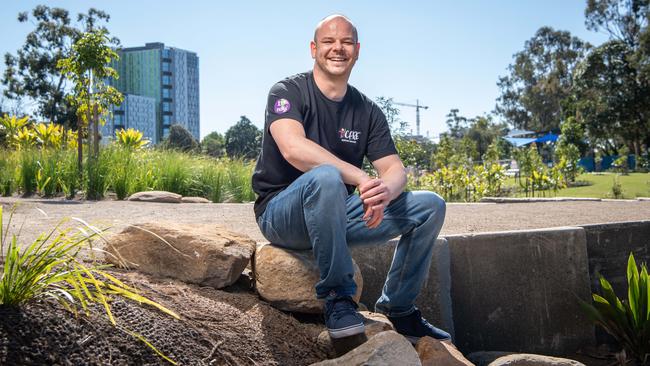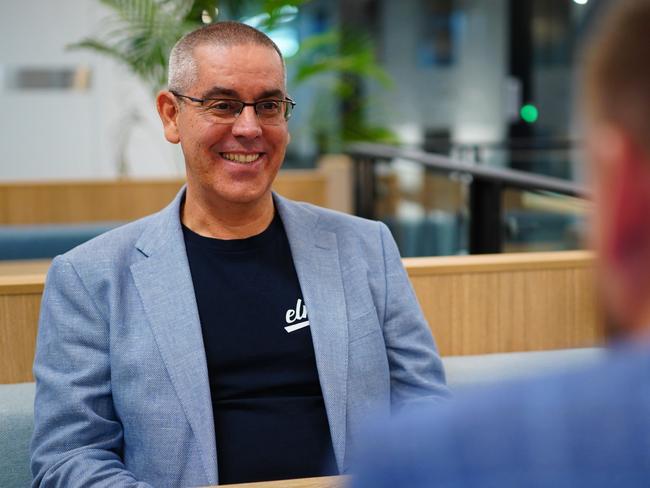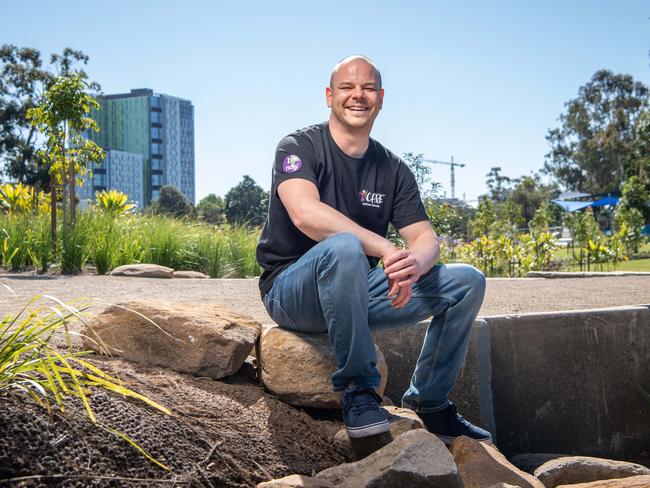Australian workers that feel most and least secure in their job
Less than half of Australian workers feel secure in their job, but some sectors have a more positive outlook than others.

SmartDaily
Don't miss out on the headlines from SmartDaily. Followed categories will be added to My News.
LESS than half of Australian workers feel secure in their job, as continuing Covid outbreaks and border closures create wider economic uncertainty.
But some sectors have a more positive outlook than others.
New research from HR software company ELMO reveals 59 per cent of public administration and safety employees feel their job is secure – the highest rate across the 1000 Australians surveyed in June.
They are followed by respondents working in education and training (57 per cent), professional, scientific and technical services (55 per cent), construction (54 per cent), electricity, gas, water and waste services (52 per cent), information media and telecommunications (52 per cent) and health care and social assistance (51 per cent).
At the other end of the spectrum, workers least likely to feel they have job security are those in accommodation and food services (22 per cent), transport, postal and warehousing (32 per cent) and manufacturing (35 per cent).

ELMO chief executive Danny Lessem says negative employee sentiment seems to be the result of recent Covid outbreaks and state border closures.
“Employees are feeling less secure about their jobs and have a dimmer view of the economic outlook compared to the survey we ran earlier in the year,” he says.
He predicts this trend will have continued amid the current lockdowns.
So what can workers do if they feel insecure in their job or industry?
Lessem and Path to Promotion director Ineke McMahon share some actions workers can take.
BE MORE VISIBLE
Lessem says making yourself visible to your employer can be more challenging if you are working from home but it is the key to getting recognition for your work.
“Engage with technology and communications and be part of the conversation,” he says.

DEFINE SUCCESS
McMahon recommends asking your manager to clearly define what success looks like for your role in the next twelve months.
“Many employees are very busy delivering a lot of things, but they may not be the things that your employer most values,” she says.
“(Ask your manager): If we were sitting down in twelve months and you were thrilled with my performance, what would I have delivered to you in that time frame?”
SET AND PRIORITISE GOALS
The next step is to use insights from the conversation with your manager to set SMART (specific, measurable, action orientated, realistic, time frame) goals.
“With each of these objectives, list the sub-objectives you need to complete,” McMahon says.
“Ask your manager to rank these goals from most important to least important.
“This will ensure when you are working from home or without your manager for a while, you know what to prioritise.”
ASK FOR FEEDBACK
McMahon advises asking your boss what the best employees do differently, which skills you need to develop, how you can contribute more to the team, and how you can make their job easier.
“Asking for constructive feedback and actioning that feedback will make your manager see you as a more valuable team contributor,” she says.

MANAGE UP
“Each month, report to your manager how you are going against the success goals, giving them updates against each objective and asking for advice on any challenges or problems you are facing,” McMahon says.
“Continue to refine these goals and ask for feedback on your performance.”
ANALYSE YOUR SKILLS GAP
Identify your strengths and any areas that will need development if your role is made redundant.
McMahon says this exercise will achieve two things.
“Firstly, it will help you to prepare for interviews,” she says.
“(Secondly, it) will allow you to focus on reducing your weaknesses, making you more valuable to your current and any future employer.”

SECURE WORK IN THE DISABILITY SECTOR
Disability support worker Leo Kilbey-Jones says having a secure job gives him peace of mind.
The Brisbane resident landed his role with iCare Support Services with the help of disability employment services provider atWork Australia after injuring his spine while working for a mechanic.
Kilbey-Jones, 34, wanted to become a support worker as he has a lot of patience for helping people.
Job security was just an added bonus.
“There are a lot of people in need of support workers to assist them in their daily lives and I am here to help,” he says.
“It gives me peace of mind knowing that I have a secure job to go to daily where I can help others and learn something new every day.
“I was very happy when I got this job as it was exactly what I had been looking for.
“With help from atWork Australia I was able to turn my passion into a career.”
More Coverage
Originally published as Australian workers that feel most and least secure in their job




